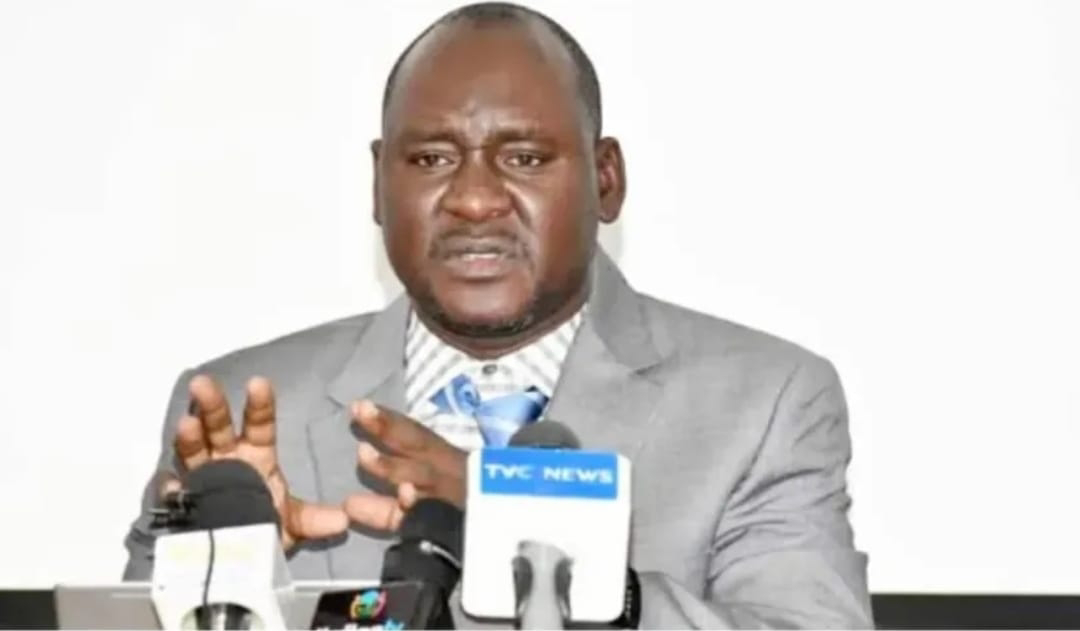By Abdullahi Alhassan, Kaduna The Civil Society Legislative Advocacy Centre (CISLAC), the Nigerian chapter of Transparency Inter...
By Abdullahi Alhassan, Kaduna
The Civil Society Legislative Advocacy Centre (CISLAC), the Nigerian chapter of Transparency International (TI), has raised alarm over the growing perception of judicial corruption in Nigeria, warning that the trend poses a serious threat to the nation’s anti-corruption drive, democratic stability, and the rule of law.
In a statement issued by its Executive Director and Head of Transparency International Nigeria, Comrade Auwal Ibrahim Musa (Rafsanjani), CISLAC expressed concern that recent judicial developments are undermining the efforts of anti-corruption agencies such as the Economic and Financial Crimes Commission (EFCC) and the Independent Corrupt Practices and Other Related Offences Commission (ICPC).
“These agencies have invested substantial resources and time into prosecuting high-profile corruption cases, only for such cases to be dismissed in court,” Rafsanjani said.
He specifically criticized rulings by Justice Chukwujekwu Aneke of the Federal High Court, who, according to CISLAC, has dismissed several corruption cases despite what the organization described as “impeccable evidence.”
Among the cases cited were those involving former Chief of Air Staff, Air Marshal Adesola Amosu, accused of misappropriating ₦22.8 billion; and former Ekiti State Governor, Ayodele Fayose, who was cleared despite testimony from former Defence Minister Musiliu Obanikoro that ₦2.3 billion was delivered to him in cash via two private jets.
Other cases struck out by Justice Aneke, according to CISLAC, include:
A $140,000 fraud case involving Abdullahi Babalele, son-in-law of former Vice President Atiku Abubakar;
A ₦322 million money laundering case against Senator Peter Nwaoboshi; and
A ₦12.3 billion fraud case against Dr. Oba Otudeko, Chairman of Honeywell Group.
“These rulings cast a dark shadow over our justice system,” Rafsanjani said, recalling the case of former Delta State Governor, James Ibori, who was acquitted in Nigeria but later convicted in the United Kingdom on similar charges. “No investor will have confidence in a judicial system perceived as biased or compromised,” he added.
Rafsanjani also called for financial scrutiny of judicial officers, urging agencies like the EFCC and the Nigerian Financial Intelligence Unit (NFIU) to investigate judges whose lifestyles appear inconsistent with their legitimate earnings.
He further alleged that some judicial officers may be enjoying undue political influence, citing reports of luxury housing allocations allegedly facilitated by the Minister of the Federal Capital Territory (FCT), Nyesom Wike — a development CISLAC said undermines judicial independence.
The organization called on the National Judicial Council (NJC) to take decisive action to restore integrity, discipline, and accountability within the judiciary. It also urged the Code of Conduct Bureau (CCB) to ensure regular and transparent asset declarations by judges and judicial officers, in line with legal requirements.
“The judiciary must rise above allegations of inducement and partisanship,” Rafsanjani stated. “Nigerians deserve a justice system that protects their rights and upholds the rule of law — not one that serves the powerful. When the judiciary fails, democracy and justice are both at risk.”
CISLAC concluded by urging citizens, the media, and civil society groups to remain vigilant and demand greater transparency and accountability in the judicial system.
“The time to act is now,” Rafsanjani warned, “before public trust in the judiciary is irreparably damaged both at home and abroad.”











No comments